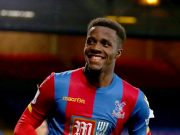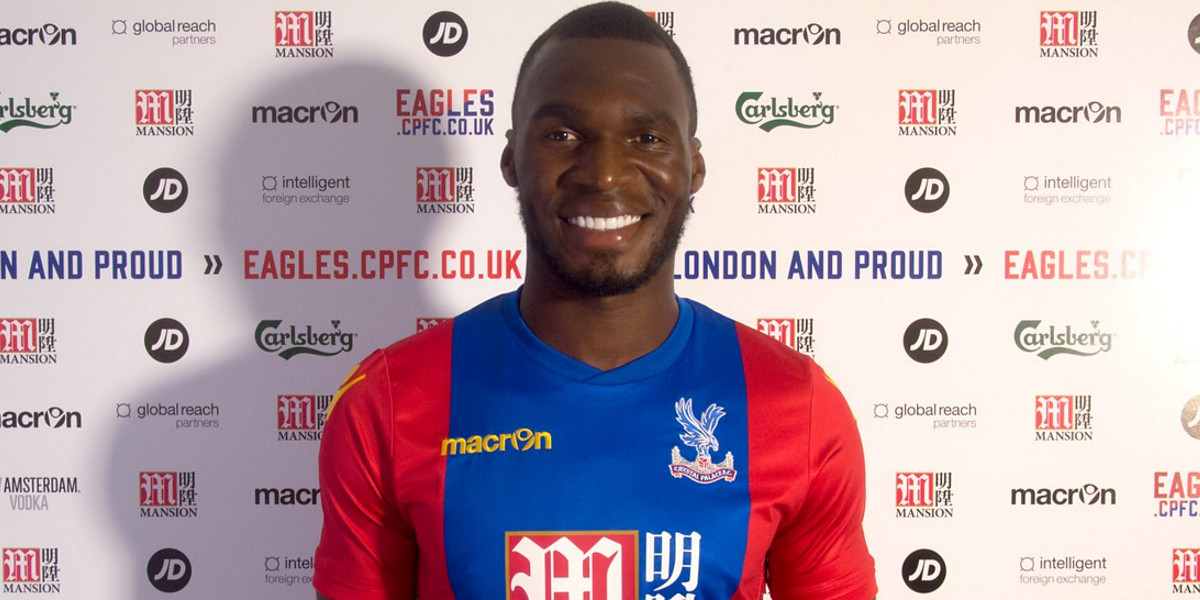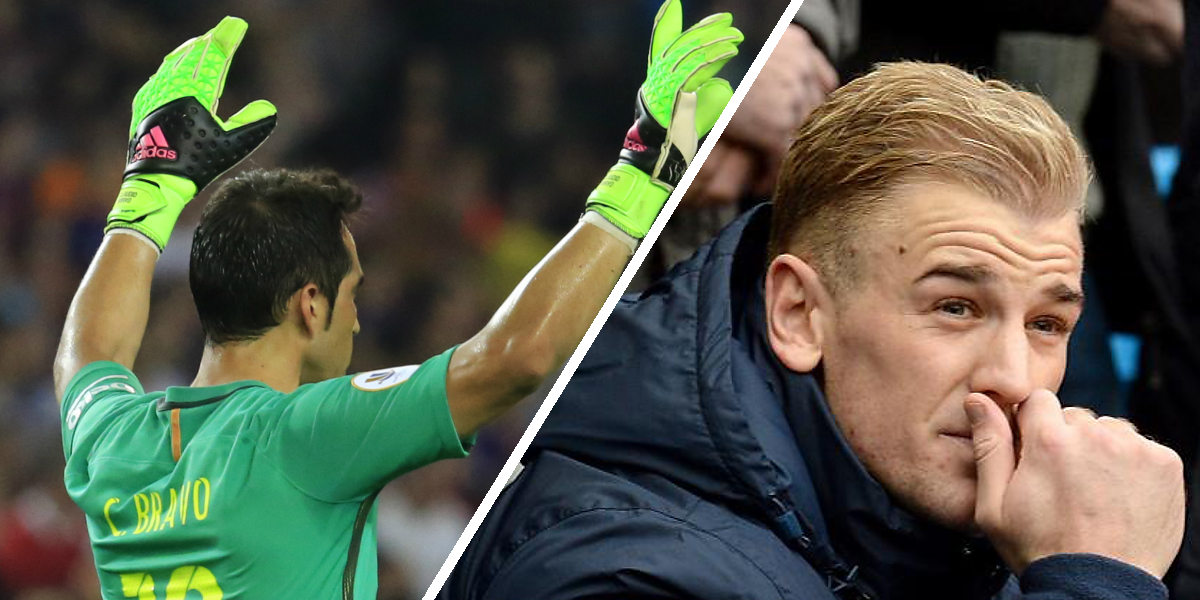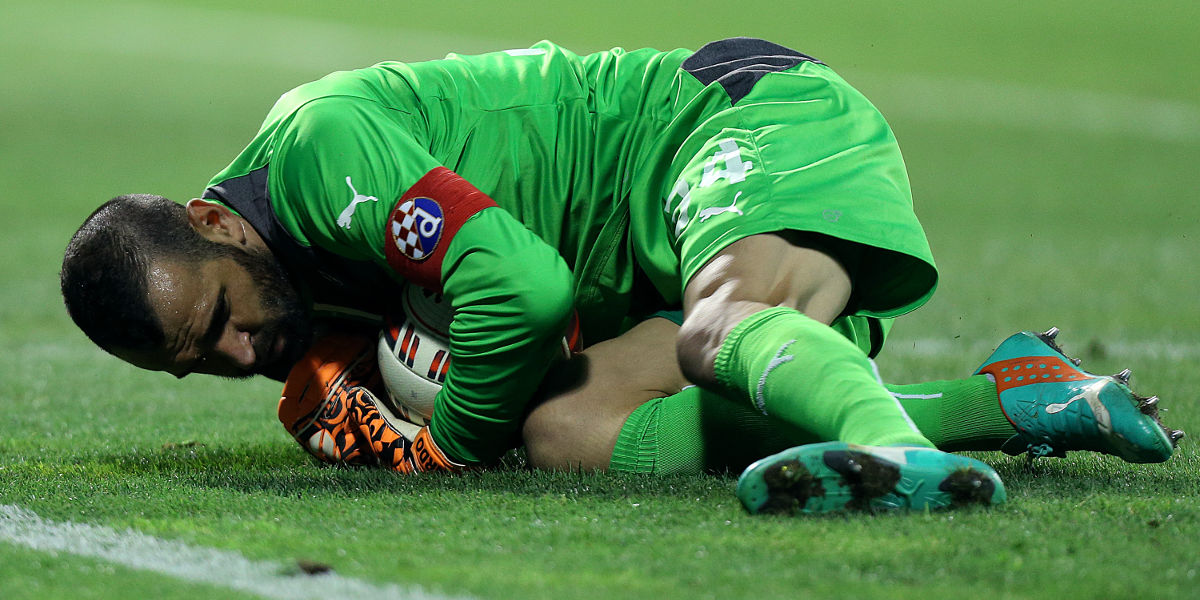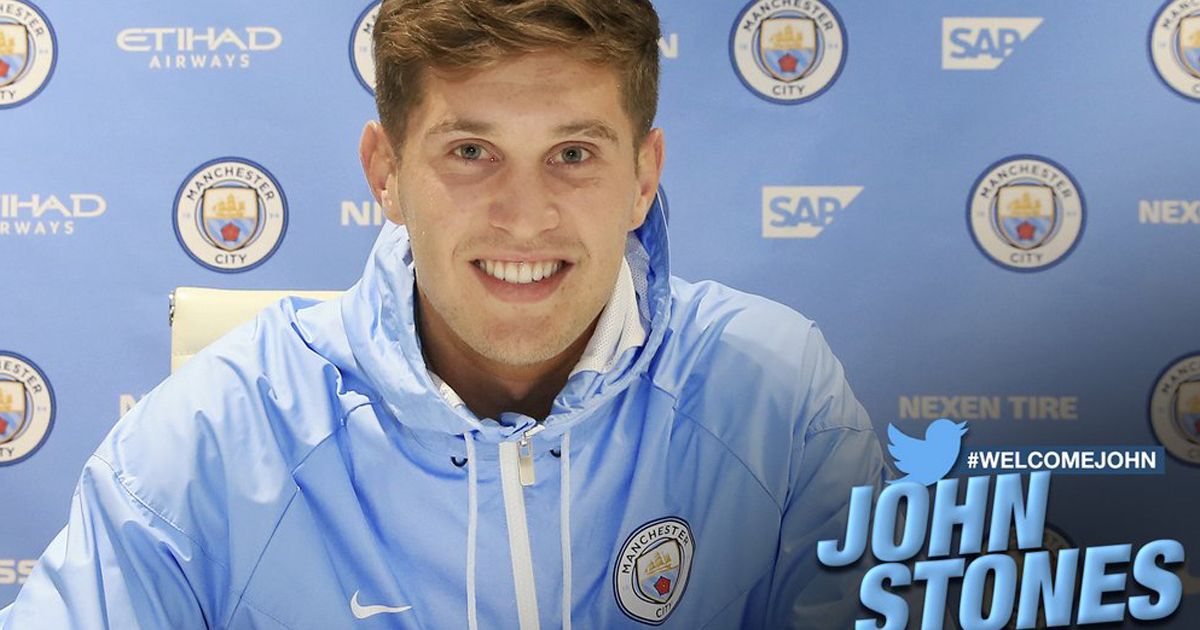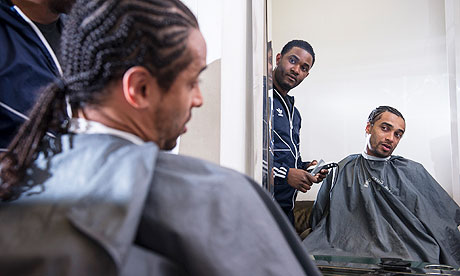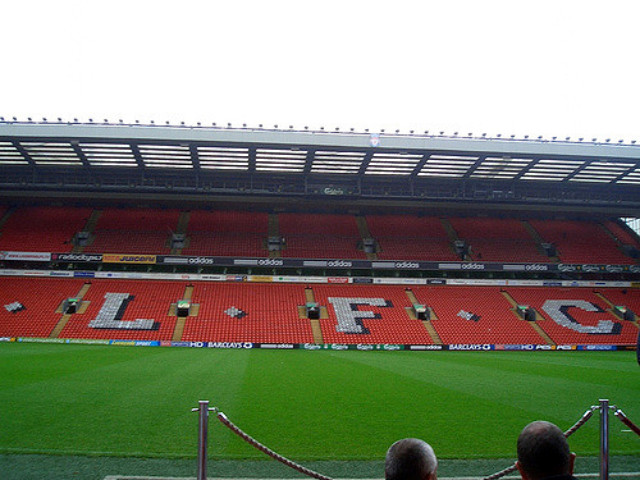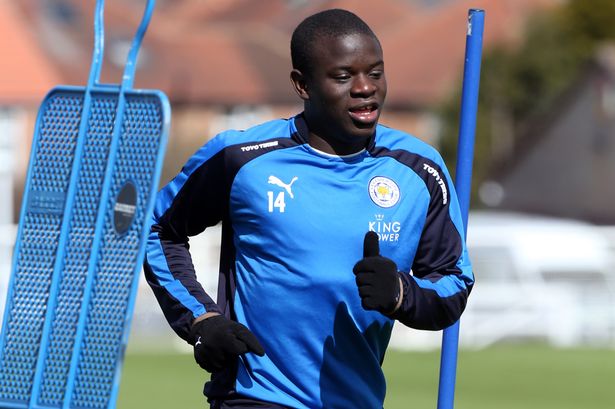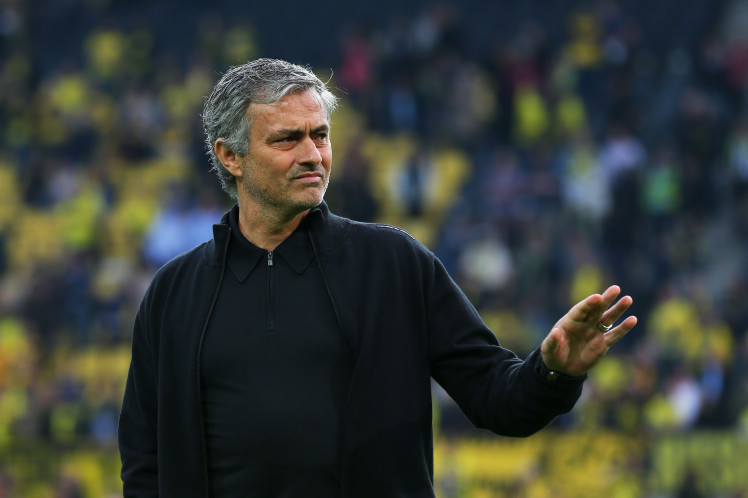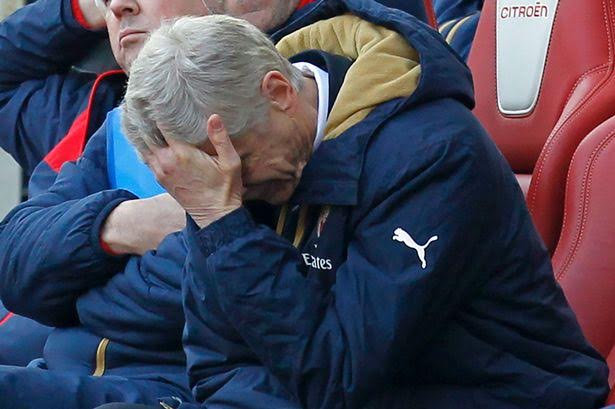By David Hytner
Benoît Assou-Ekotto first met Steve The Visionist in his early days in London. He had dropped into a barber’s shop off the Tottenham High Road, looking for someone to do his shape and he liked what he saw. The Tottenham Hotspur full-back has stayed with Steve ever since, following him when he has moved shops. Their partnership and friendship, they guesstimate, spans six or seven years. “The thing about Ben,” Steve says, “is that he is loyal. And real. Forget his hair. The thing that makes Ben famous is his realness.”
Steve ought to be famous, too. Never mind the self-styled moniker, there is a charisma and largesse about the Liverpool-supporting Jamaican who, out of respect to Assou-Ekotto and his shop’s proximity to White Hart Lane, also looks out for Tottenham. Steve loves to talk about football, Assou-Ekotto does not and so when the latter sits down in the chair, the conversation is one-sided.
“It’s always, ‘What do you think? Ronaldo or Messi?'” Assou-Ekotto says, blowing out his cheeks and scarcely concealing the boredom. “Or maybe, because he is a Liverpool fan, ‘Torres was good’ … blah, blah, blah. I don’t particularly like talking about football. I don’t immerse myself in it.”
As if to illustrate the point, Assou-Ekotto looks blank when Luis Suárez’s biting of Branislav Ivanovic comes up. “He did what?” he asks. “Il a mangé?” If he is joking, the deadpan expression is inscrutable. “Surely, Benoît … come on.” But no, it is plain. He has no idea. Assou-Ekotto has never got the fuss about football and footballers.
He returns to the barber’s shop small talk. “I put myself in their place,” he says. “Perhaps it’s quite cool to have a player come in for his haircut and be able to speak about football. So I speak a little bit about it. But really, it’s just ‘Cut the hair’.”
Assou-Ekotto always tries to see the other side. He feels compelled to mine deeper and arrive at a broader understanding. He puts himself, variously, in the shoes of his manager, André Villas-Boas, the chairman, Daniel Levy, and the rank-and-file Tottenham supporter. He is provocative and challenging of stereotypes, particularly that of the modern footballer but, at the same time, he is grounded, consistent, funny and disarmingly honest. It is part of what makes him arguably the most interesting Premier League player in London.
“During my four months out injured at the beginning of the season, I attended every game at White Hart Lane and I would sit in with the Tottenham fans but with my hoodie up so nobody could recognise me,” Assou-Ekotto says. “I now feel I have a better understanding of what it is to be a supporter and, for me, there are two types.
“There are the fans who pass judgment quickly, who say, from the comfort of their seats, how they would have cut the ball on the inside, swung the ball around or brought it down. It was like I was sitting with Messi, Ronaldo and Maradona. Then you have the other supporter, who understands the technical things a bit more and is patient. They are smaller in number but they do exist.”
Assou-Ekotto discusses his own situation this season and the difficulties that he has faced, which stem from the injury to his left knee that ruled him out from early September and left him playing catch-up in terms of match fitness but, also, include the transition to a new manager’s methods and the style of new team-mates. The left-back has found a new player to his immediate right in the shape of the summer central defensive signing Jan Vertonghen and a new midfielder in front of him, with Gareth Bale having been moved to a more central attacking role.
“Maybe you had a little head movement that you used to do with a guy,” Assou-Ekotto says. “You have to find these things again. It’s new partnerships, maybe new languages and it takes some time.”
The bottom line is that there is no spell to accelerate the re-assimilation of a player in the second-half of a season. If there were, Assou-Ekotto might have been spared the insistent speculation about his future. Since his return to first-team contention in January, he has started 12 of the club’s 21 matches and the related theory goes that Villas-Boas does not rate him sufficiently and is open to selling him.
There have also been rumours that Assou-Ekotto’s preference to avoid knee surgery in favour of a longer, more thorough rehabilitation programme was badly received and, even, that he has clashed with Villas-Boas. Assou-Ekotto confronts each notion and dismantles it.
“The manager recommended the specialist that I went to see in Barcelona,” he says. “And when the specialist recommended the programme to strengthen the muscle around the knee, rather than go for the quick-fix operation, the manager and the chairman were fully supportive of the decision.
“With AVB, if I had a problem with him, I would tell you immediately. If I don’t like the guy, I would tell you: “I don’t like the guy.” But that is not the case. I have no issues with him. So as far as I’m concerned, nothing is afoot. I understand why I have played the number of games that I have played. Everybody is entitled to an opinion but I don’t think that anybody has had a conversation with me or with AVB.”
It is impossible to talk to Assou-Ekotto without being assaulted by his frankness. In February 2007, in his first season at Tottenham, he heard his left knee click and was told, during an absence of 18 months, that he would never play again. So when it is put to him that this season’s lay-off might have been difficult, he laughs. “Four months out … don’t care, it’s so small,” he says. “I knew why I was out this time and I could see when I would get back. The body said, ‘Stop’, and you have to stop. You can cry, be sad, whatever. It changes nothing.”
Above all, though, there is Assou-Ekotto’s notorious candour about his profession, which has reinforced his cult status in some quarters but fired indignation in others. He told the Guardian in April 2010 that he considered football to be little more than a job, in which money was the driving force and, as such, he had to be viewed as a type of mercenary.
“The reaction persists and, in France, it has been predominantly negative to the point where I find it almost pretentious,” he says, of the country of his birth. “To say that players should not appreciate the context in which they operate is stupid. Football is like a business now.
“In England, it’s more objective. People are more cool about players earning millions. It’s also not whether they agree with what I say, it’s that there is a respect for the fact I was man enough to say it. I must say, as well, that I have seen quite a few Spurs players kiss the badge and then fuck off. I am still here.”
If it were up to him, he would stay for longer than the remaining two years on his contract and he notes the irony of the length of his service. “What sort of mercenary stays for seven years?” he asks.
Tottenham and life in London have got under his skin. “There is a part of me now that has a strong bond with the club,” Assou-Ekotto continues. “I would be quite happy to see out my playing career here, although I know that it’s not my call to make. I have every desire to see out my contractual obligations and, if possible, extend so that I can be here for long enough to play at the new stadium.”
Assou-Ekotto does not like change and he was initially unnerved by Levy’s decision to sack Harry Redknapp last June. He heard the news as he attended the Africa 2.0 conference in Nigeria, which aimed to find solutions to the continent’s problems. “It was hosted by [the former Nigeria] President [Olusegun] Obasanjo and I remember him asking me what on earth I was doing there,” Assou-Ekotto says. “I was the only footballer.
“I phoned Harry straight away. I liked working with him, he has a cool attitude. With AVB, it’s more tactical, in terms of understanding your different team-mates and the opposition. He changes his teams more, moves them around. Some players will play two or three different positions in a single match.
“The one thing that I can say with certainty is the chairman has the club moving in the right direction. I have a tremendous amount of respect for the difficulty of his work and his business decisions might make people sad. But I’ve seen the growth, first-hand, over seven years. You have to respect that.”
Assou-Ekotto intends to remain a part of it for years to come.




